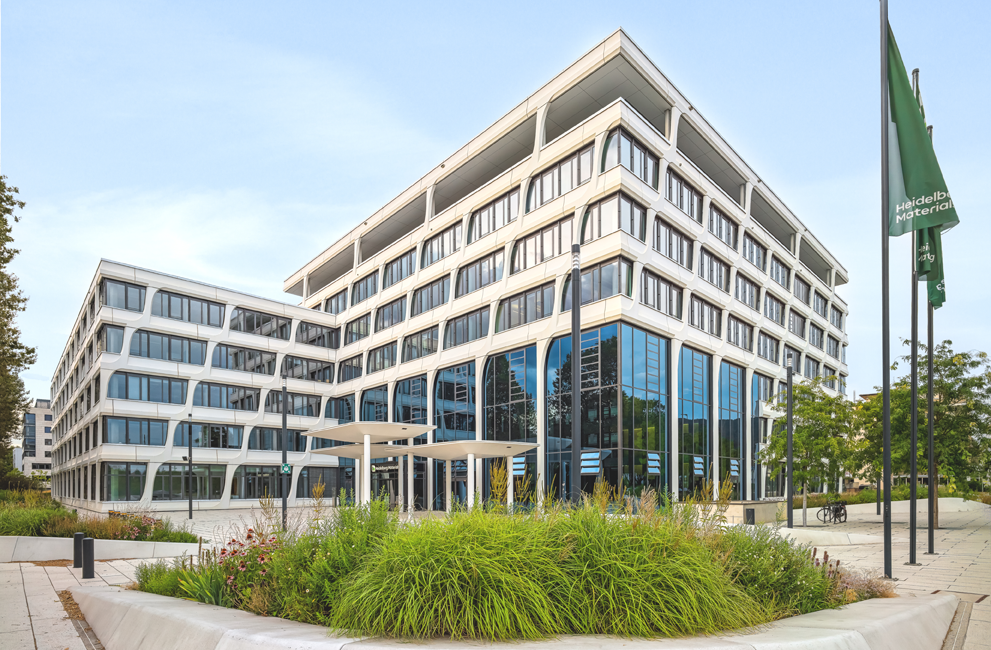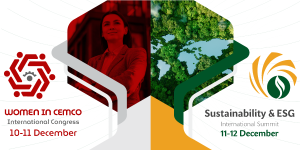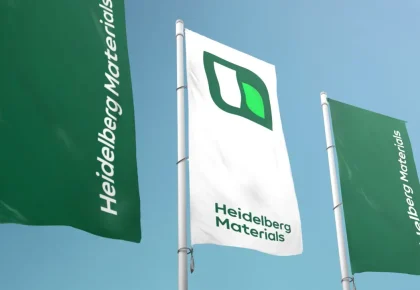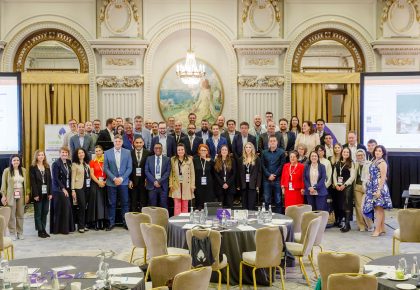
- Heidelberg Materials has entered into a definitive purchase agreement to acquire ACE Group, the largest supplier of pulverised fly ash in Malaysia
- The acquisition aims to strengthen the company’s footprint in a growing market and meet the rising demand for fly ash to reduce the CO₂ intensity of cement
- The transaction is part of Heidelberg Materials’ ambitious decarbonisation strategy and will contribute to significantly lowering the company’s CO₂ footprint in Southeast Asia
Heidelberg Materials announced today that it has entered into a definitive purchase agreement to acquire ACE Group, the largest supplier of pulverised fly ash in Malaysia, effective 1 May 2024. As part of the company’s ongoing portfolio optimisation, the acquisition strengthens circularity within Heidelberg Materials’ value chain in Southeast Asia. Reusing fly ash from energy generation contributes significantly to reducing the CO₂ intensity of composite cement: Used as an additive, fly ash can replace part of the energy-intensive clinker and thus reduce the CO₂ intensity of the cement.
ACE Group comprises three entities operating across the value chain: ACE Greencemt Venture, a leading supplier of pulverised fly ash to the Malaysian construction industry; ASAS Asia, a processor of coal ashes; and AGP Logistics, a logistics service company operating 20 silo trucks. The leadership team of ACE Group will stay on board as part of the acquisition to continue managing the companies.
“We are experiencing a growing demand for sustainable building materials,” says Dr Nicola Kimm, Chief Sustainability Officer and Member of the Managing Board of Heidelberg Materials. “With the acquisition of ACE Group, we continue to optimise our portfolio and lower our carbon footprint in yet another key market, on our path to eventually delivering net-zero cement and concrete across the globe.”
Both parties have agreed to not disclose the financial terms of the transaction.
In 2023, Heidelberg Materials already strengthened its footprint in the greater Asia-Pacific region by acquiring an integrated cement plant in Central Java, Indonesia via its subsidiary Indocement.
The Semen Grobogan cement plant has a capacity of 1.8 million tonnes of clinker and 2.5 million tonnes of cement with limestone reserves lasting for more than 50 years. As part of the company’s global climate strategy, Heidelberg Materials is developing a tailored CO₂ roadmap for the plant with concrete measures to accelerate the reduction of carbon emissions.
Find out more about the future of building sustainably. Discover the latest in cement industry innovations, best practices, and decarbonization efforts at our upcoming events – join us to shape a greener world!
Dive into our calendar of events, featuring CarbonZero Global Conference and Exhibition 2024 in Madrid, Spain; Women in Cement and Construction International Congress in Madeira, Portugal; and Sustainability and ESG International Summit 2024 also in Madeira, Portugal.
Sign up to our newsletter on industrylink.eu/#signupnow to receive the latest news and future events info as well as exclusive discounts.




